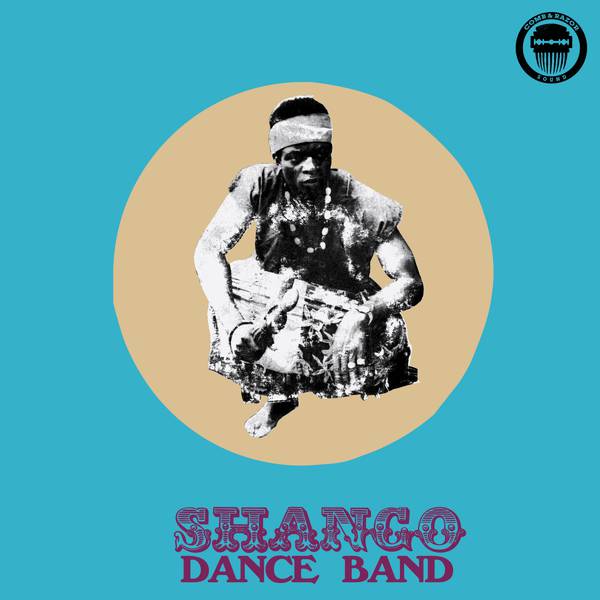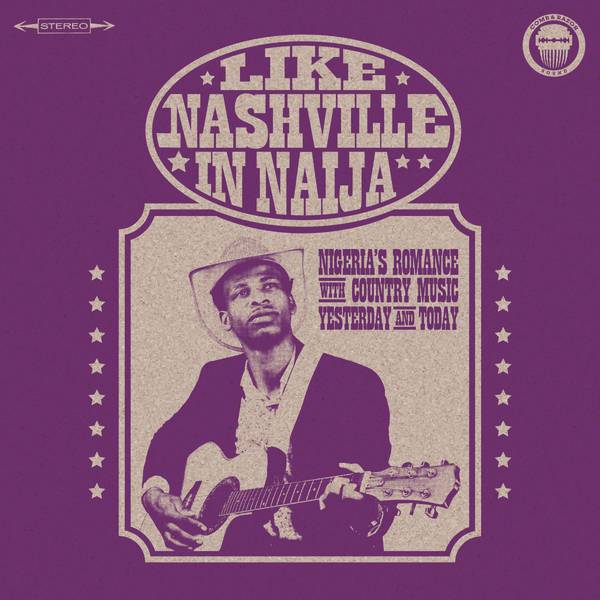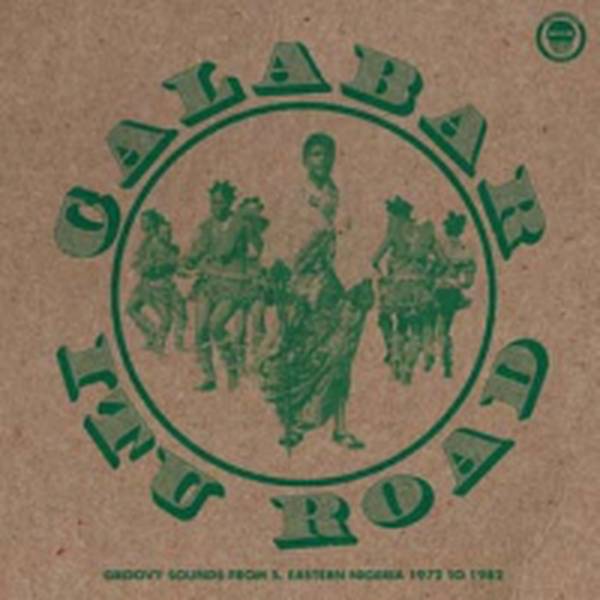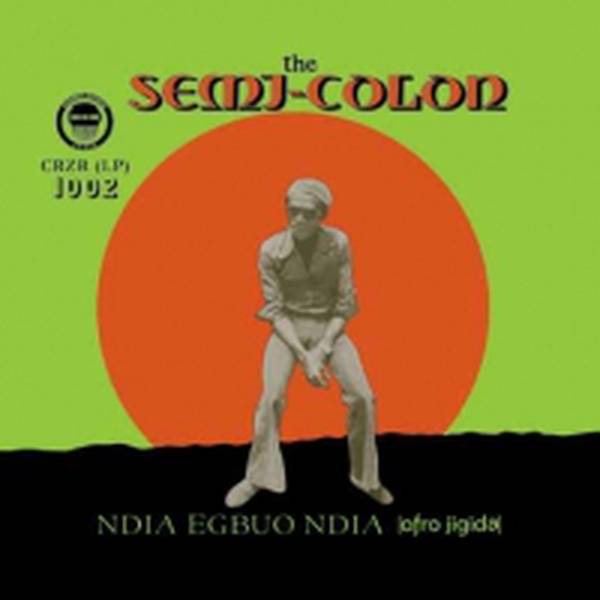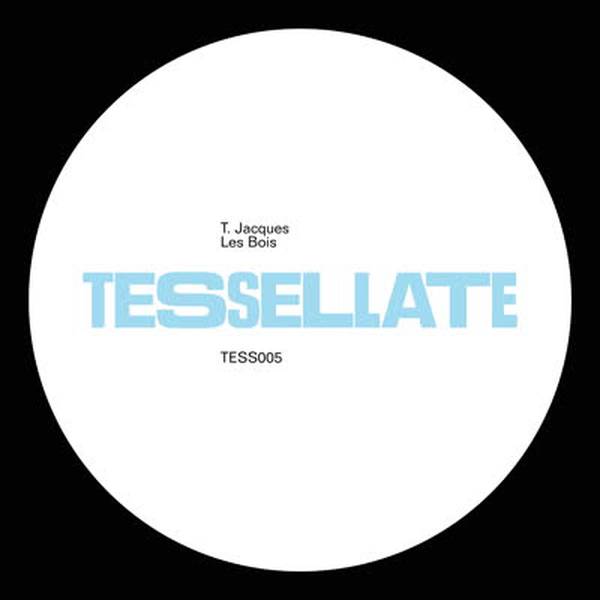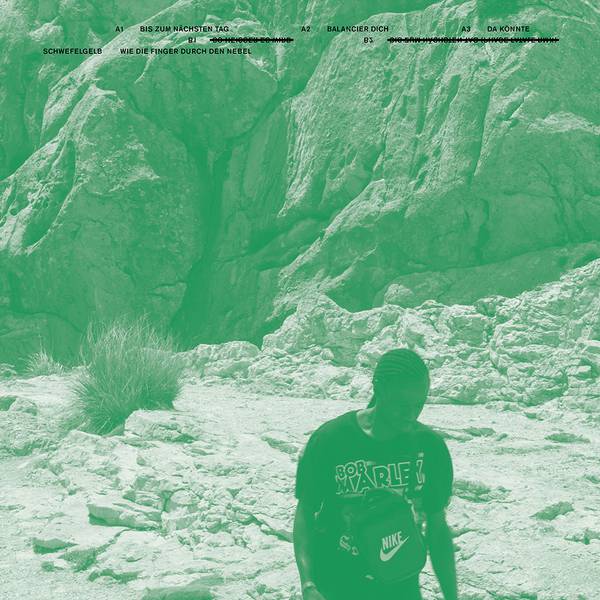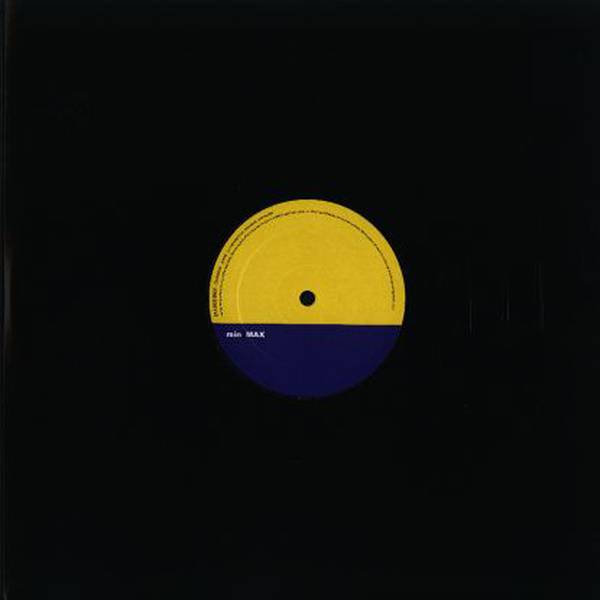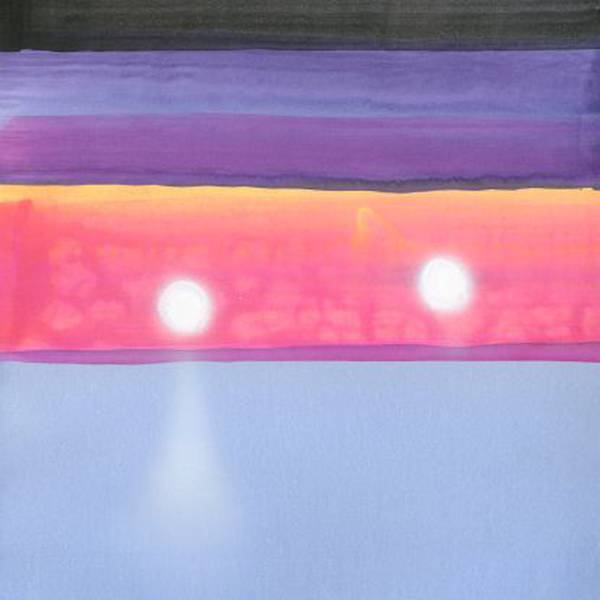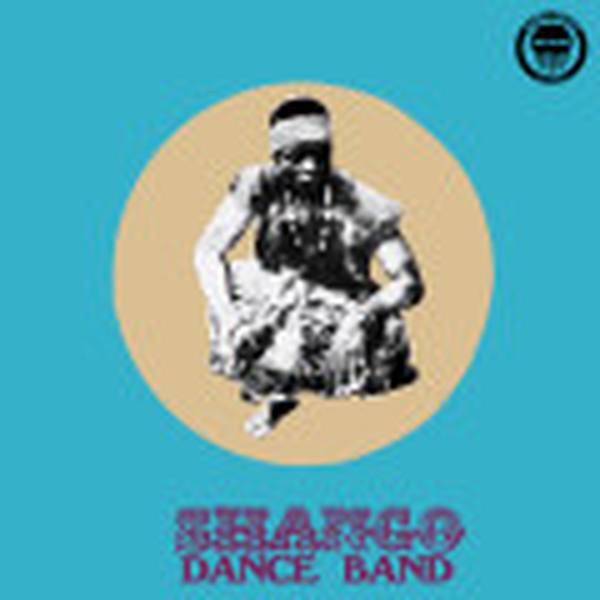
Tax included, Shipping not included
A Legendary, Ultra-Rare Afrobeat Killer, Restored And Presented For The First Time In Wide Release! / Lp Includes Bonus 7” Disc Featuring The Rare 1972 Single “Son Of Thunder” B/w “Alupandu-Gbe” / Limited To 1000 Copies /
It’s 1968 and Fela is in tears. Fela Kuti, the genius of afrobeat. The champion of the people. Fabled for unflinchingly staring down the barrels of state tyranny, enduring beatings within an inch of his life from government stormtroopers and then getting on stage to mock his tormenters in song. Fela the fearless, Fela the invincible. Fela who they call Anikulapo—“he who carries death in his pocket.” What insurmountable catastrophe could have reduced this formidable titan of African music to tears? Ojo Okeji leaving his band, that’s what.
- From the liner notes, by renowned Nigerian music historian Uchenna Ikonne
In the early years of Fela Kuti's career, well before he would define the genre of afrobeat, and leave an indelible mark on the musical landscape, he was a struggling trumpet player, seeking to redefine the sound of his current group, the art-jazz ensemble Fela Ransome-Kuti Quintet. As he moved his group towards the then-popular genre of highlife in 1963, he lost his bassist in the move towards commercial success, but gained the company of Ojo Okeji, who had a sterling reputation both as a bassist and percussionist in groups like Lagos Cool Cats, Rex Williams' Nigerian Artistes, and Western Toppers Highlife Band, a favorite of Kuti's. Okeji impressed Kuti with his deft jazziness on the bass, so he was in on the spot, and the Fela Ransome-Kuti Quintet became Koola Lobitos.
It was Okeji that introduced Kuti to the famed percussionist Tony Allen, (Who would subsequently join Kuti into his greatest years as an artist) as well as conguero Abayomi "Easy" Adio. During his time in Koola Lobitos, Okeji not only contributed deeply melodic, and adeptly rhythmic baselines, but brought his own influence from emerging US soul artists like James Brown & The Famous Flames and Wilson Pickett, heavily pushing Koola Lobitos towards a more soulful direction. This push was often resisted by Kuti, who frequently clashed with Okeji.
1968 proved to be a turning point for the group, as the Nigerian Civil War broke out, and many starving musicians turned to the military for work. Okeji and Adio would leave for the army, while Kuti and Allen kept Koola Lobitos going, where it evolved through different names and iterations and grew into the worldwide afrobeat force that made Kuti an icon during the 70s and 80s. But as Kuti and Allen rose to global recognition, Okeji and Adio would form a new band within the ranks of the 6th Infantry Brigade of the Nigerian Army. Their emblazoned blue jackets earned them the nickname "The Blues”, but Okeji preferred the name “Shango” after the Yoruba thunder god. Shango took the fundamentals of Kuti's famous afrobeat and brought new layers of guitar and horn arrangements, while often invoking supernatural aesthetics, and maintaining a love for the US soul artists that influenced Okeji so much. Because Shango was an army band however, their records were not readily available to anyone outside of the military so their music, including their eponymous 1974 LP, remained relatively unknown even amongst the people of Nigeria. Decades later Comb & Razor is thrilled to present this long-lost Nigerian gem for the first time to a world-wide audience.
LP TRACKLIST
A1. Position Pass Power
B1. Women Are Great
B2. I Need Your Love
BONUS 7” (ONLY W/ FIRST 1000 COPIES)
A1. Son Of Thunder
B1. Alupandu-Gbe
Details
Genre
Release Date
05.08.2016
Cat No
CRZR1003LP
Produkt- und Herstellerinformationen
Tracklist
Track 1
Track 2
Track 3
Track 4
Track 5
